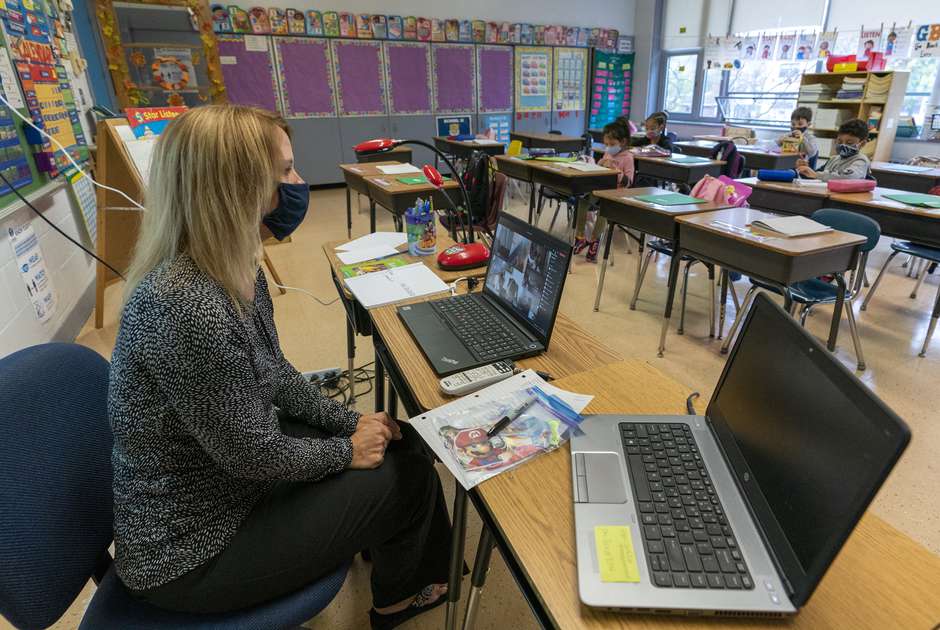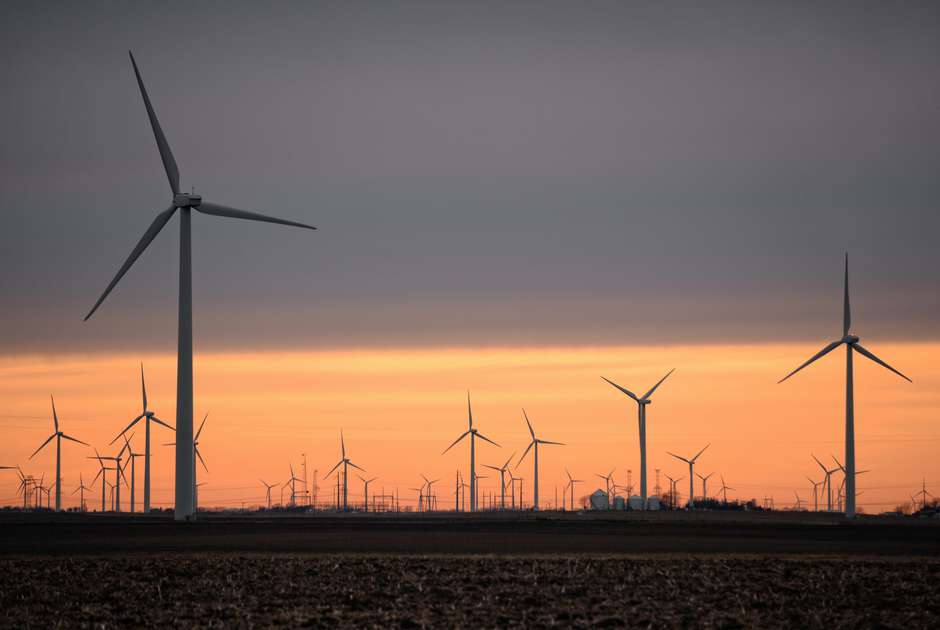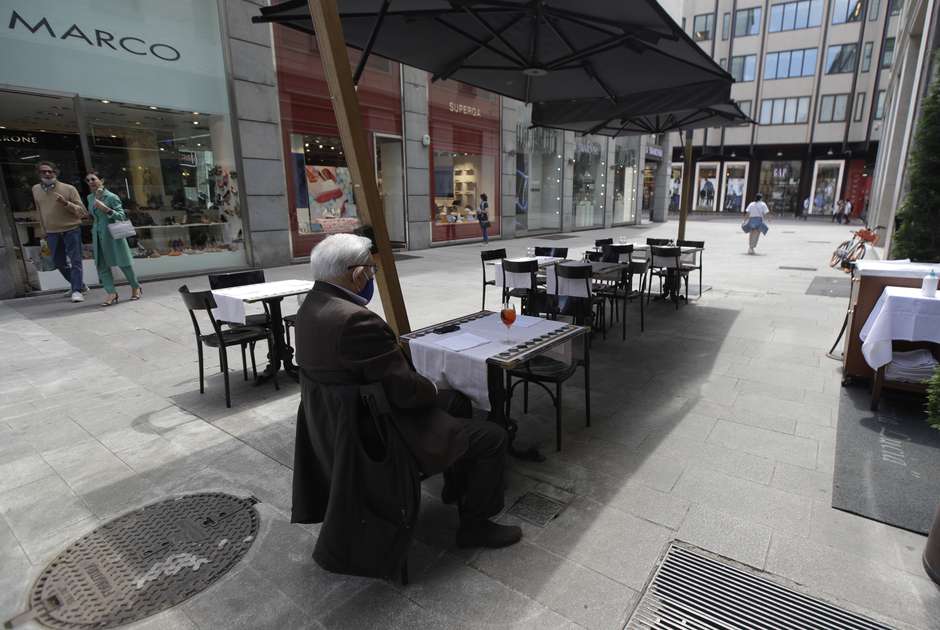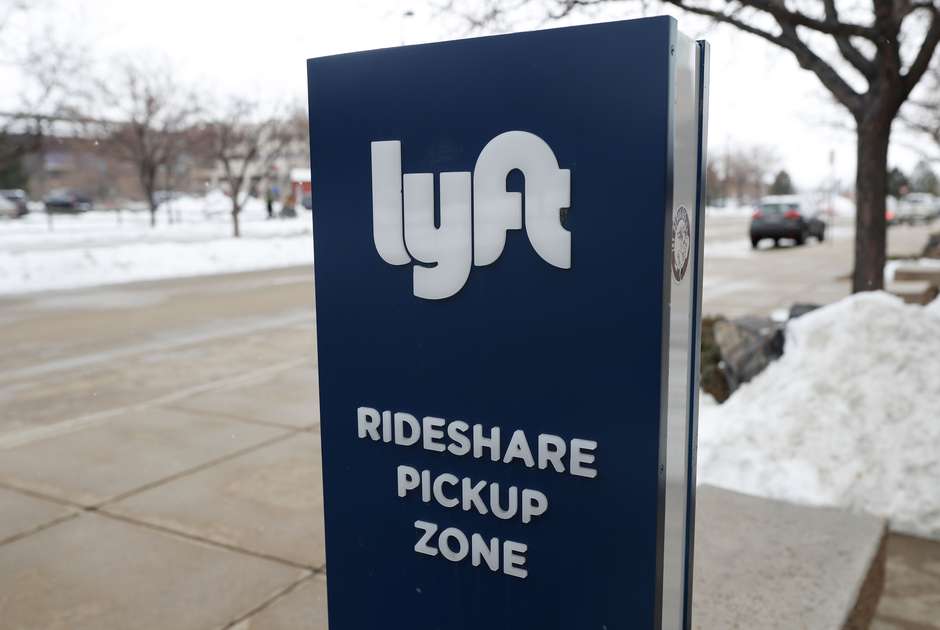Theo Wayt
Senior Reporter, Business & Economics and Social Sciences
Theo Wayt, based in New Orleans, is the senior reporter for Business & Economics and Social Sciences for The Academic Times. He has also reported for the Associated Press, NBC News, the New York Post, Vice, Gothamist and Business Insider, covering topics like finance, politics and labor. He graduated from New York University in 2020.

 Increased employment and higher wages from oil booms do not appear to benefit permanent residents in the regions where drilling occurs, instead going mostly to outsiders, according to a new study that casts doubt on arguments used to justify natural resource extraction.
Increased employment and higher wages from oil booms do not appear to benefit permanent residents in the regions where drilling occurs, instead going mostly to outsiders, according to a new study that casts doubt on arguments used to justify natural resource extraction.
 A U.S. pandemic relief package saved more than 400,000 state and local government jobs, researchers from Harvard and the University of Minnesota found, adding to economists’ understanding of the country's largest-ever stimulus effort as lawmakers consider additional measures.
A U.S. pandemic relief package saved more than 400,000 state and local government jobs, researchers from Harvard and the University of Minnesota found, adding to economists’ understanding of the country's largest-ever stimulus effort as lawmakers consider additional measures.
 Efforts by global institutions to help developing countries weather the coronavirus pandemic fell far short of overall goals, revealing large gaps in an international safety net intended to alleviate poverty, economic researchers found in a study of the response to the crisis.
Efforts by global institutions to help developing countries weather the coronavirus pandemic fell far short of overall goals, revealing large gaps in an international safety net intended to alleviate poverty, economic researchers found in a study of the response to the crisis.
 Sustainable stock indices surpass their conventional counterparts when the U.S. media and general public pay more attention to environmental issues, raising questions about whether their performance is based on underlying fundamentals.
Sustainable stock indices surpass their conventional counterparts when the U.S. media and general public pay more attention to environmental issues, raising questions about whether their performance is based on underlying fundamentals.
 Strict lockdowns at the onset of the coronavirus pandemic, which may have helped curb spread in many areas, were less likely to be implemented in countries highly reliant on foreign trade, researchers found in a paper seeking to shed light on government response to the crisis.
Strict lockdowns at the onset of the coronavirus pandemic, which may have helped curb spread in many areas, were less likely to be implemented in countries highly reliant on foreign trade, researchers found in a paper seeking to shed light on government response to the crisis.
 Gig economy companies like Uber, Lyft and Doordash rely on a model that resembles anti-labor practices employed decades before by the U.S. construction industry, and could lead to similar erosion in earnings for workers, a researcher found.
Gig economy companies like Uber, Lyft and Doordash rely on a model that resembles anti-labor practices employed decades before by the U.S. construction industry, and could lead to similar erosion in earnings for workers, a researcher found.U.S. President Donald Trump’s criticism of the Federal Reserve has a “polarizing effect” on Americans and distorts inflation expectations, according to new research, showing that the central bank has become politicized despite being legally separate from the executive branch.
Corruption and impulses to cheat are not caused by poverty, researchers found, casting doubt on long-held associations between dishonesty and economic status.